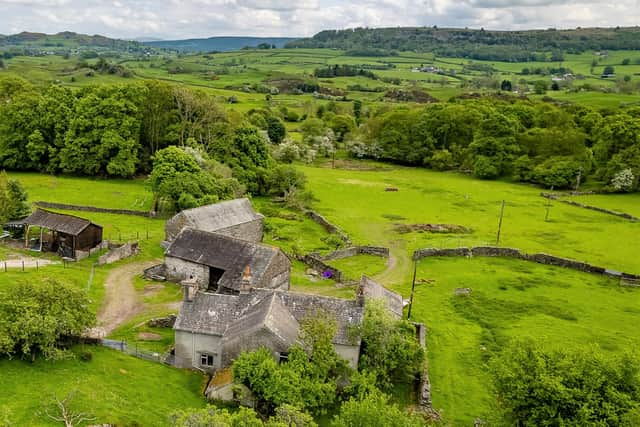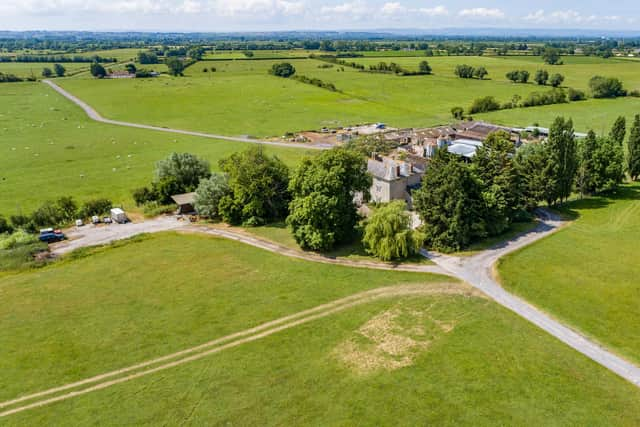Arable land values close to peaking but discerning buyers drive “hotspots and not-spots"
and live on Freeview channel 276
The national property consultant’s latest Farmland Market Update shows pasture values have scaled new heights, reaching £7,683/acre in the second quarter of 2023.
Arable land is currently worth an average of £9,517/acre, which represents a year-on-year increase of 6.4% and is just £650/acre behind the all-time high of £10,167/acre. Best-in-class arable land is selling in excess of £12,000/acre where demand outstrips supply, and investment or rollover buyers are active.
Advertisement
Advertisement
But the firm’s agents say market dynamics will impact the price sellers can realistically expect to achieve, and the limits to which buyers are prepared to go.


Greater availability of UK farmland in 2023 is allowing buyers to be more choosy over what they invest in, while higher borrowing costs will limit the ability of some to secure or service debt.
Andrew Chandler, the firm’s Head of Rural Agency, said: “The market is not completely sheltered from the broader economic situation, as those buying with a large amount of debt are likely to be hesitant.
“The increasing cost of borrowing may also mean that more land comes to the market as farming businesses reassess their cashflows and release capital from existing assets. But, with a waiting pool of capital and demand showing no signs of slowing, we can expect that increased supply would be met with healthy interest.
Advertisement
Advertisement
“It is evident that scale, location and diversity remains key to many buyers. For the right assets, very strong values are being achieved, and this is reflected in our research figures. But there are hotspots and not-spots – if a farm or land doesn’t tick the right boxes, valuations need to be realistic.”


The previous record for pasture was £7,611/acre, set in 2016 when both arable and grassland reached their previous peak.“Average pasture land values have now recovered from the losses seen from mid-2016 until early 2019,” says Sophie Davidson, Senior Research Analyst at Carter Jonas. “Average arable land values still remain marginally behind its peak in Q2 2016 but, if it continues its rate of growth, could surpass it by the end of the year.”
An influx of new agricultural land brought much-needed supply to the market in the past three months. More than 42,500 acres have now been publicly marketed in 2023 – 16% more than in the first half of last year.
Carter Jonas says the market is still being driven by cash buyers, many of whom are holding rollover funds and are yet to find suitable land to invest in.
Advertisement
Advertisement
The uplift in values was seen across almost all regions, with the South West and South East performing particularly well.
“There have been increases in the amount of silt and fen land in the East being traded, pushing average values up 11.1% in the 12 months to quarter two 2023,” adds Sophie.
“Upland values in the North and Yorkshire and the Humber have shifted upwards too and are now 13.2% greater than the same quarter last year, aided by the reassurance received this quarter by upland farmers on access to government schemes.”